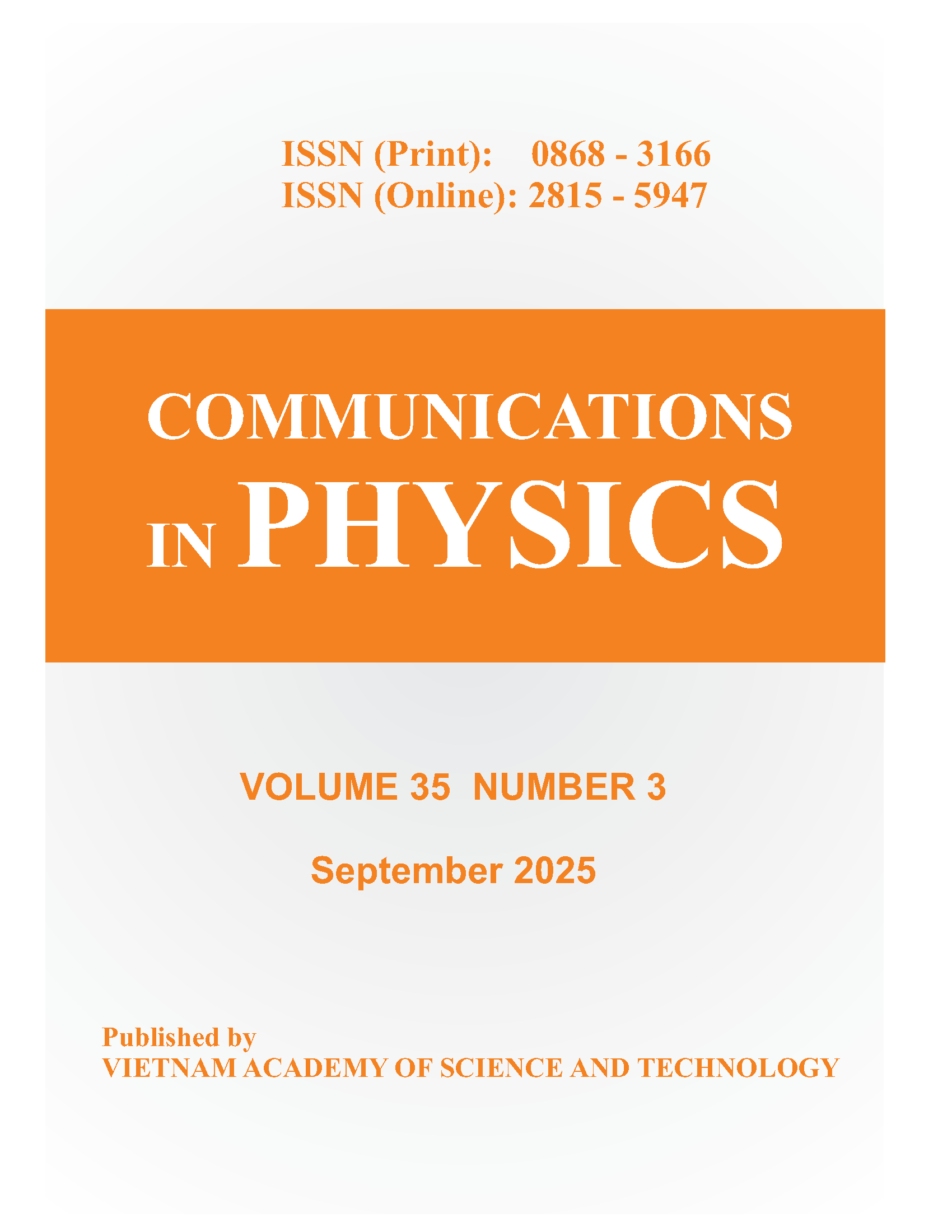MnBi Magnetic Material: A Critical Review
Author affiliations
DOI:
https://doi.org/10.15625/0868-3166/29/4/14326Keywords:
MnBi, Low-temperature phase, magnetization, coercivity, energy product, bulk magnetsAbstract
Manganese Bismuth (MnBi) - the ferromagnetic material attracting a great interest of the world magnetic society last years. The absence of rare-earth elements in compositions, the sizable magnetocrystalline anisotropy, the room-temperature moderate but high-temperature reasonable magnetization plus the positive temperature coefficient of coercivity and the moderate Curie temperature make MnBi bulk magnets very potential for high-temperature magnet application. This bright future is a little gray because the research results in the past were not as expected. The paper summarizes the results concerning the MnBi alloys, powders and bulk magnets investigated during past 67 years. The look on the difficulties inhibiting the development of this material is given and the proposals that might allow overcoming the difficulties and push again the efforts of research towards the goal of 12 MGOe for the energy product (BH)max of MnBi bulk magnets are discussed.Downloads
Downloads
Published
How to Cite
Issue
Section
License
Communications in Physics is licensed under a Creative Commons Attribution-ShareAlike 4.0 International License.
Copyright on any research article published in Communications in Physics is retained by the respective author(s), without restrictions. Authors grant VAST Journals System (VJS) a license to publish the article and identify itself as the original publisher. Upon author(s) by giving permission to Communications in Physics either via Communications in Physics portal or other channel to publish their research work in Communications in Physics agrees to all the terms and conditions of https://creativecommons.org/licenses/by-sa/4.0/ License and terms & condition set by VJS.











